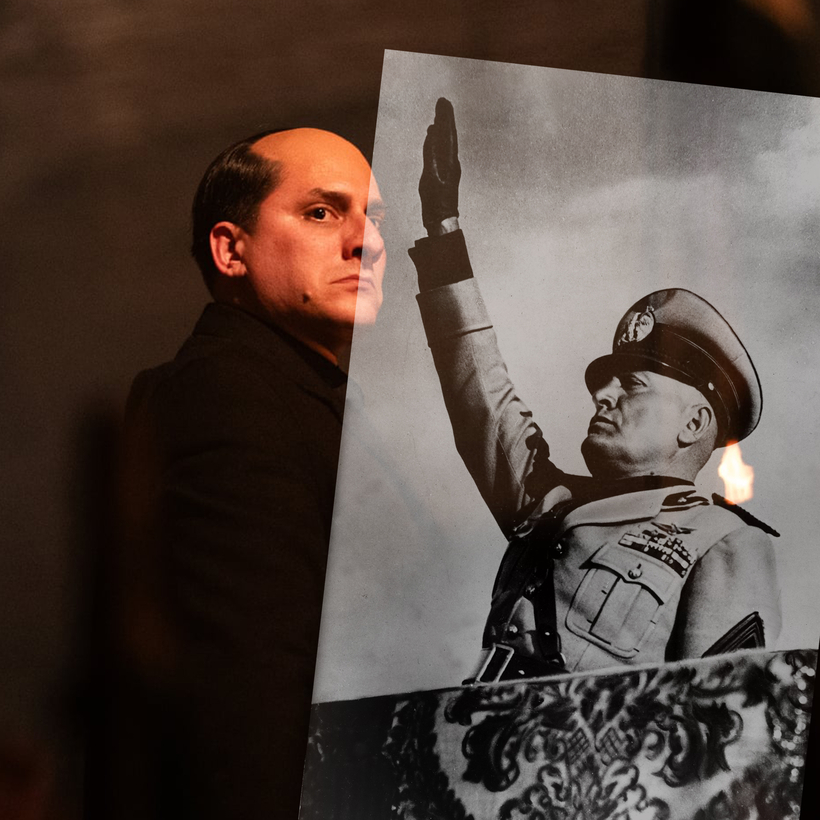“Fascism also did good things,” goes a common Italian catchphrase.
While often used sarcastically to mock true believers, the idiom reflects Italy’s enduring ambiguity toward Fascism, even 80 years after its fall.

A new TV series on the Fascist dictator asks: Why do Italians still defend Benito Mussolini?
“Fascism also did good things,” goes a common Italian catchphrase.
While often used sarcastically to mock true believers, the idiom reflects Italy’s enduring ambiguity toward Fascism, even 80 years after its fall.